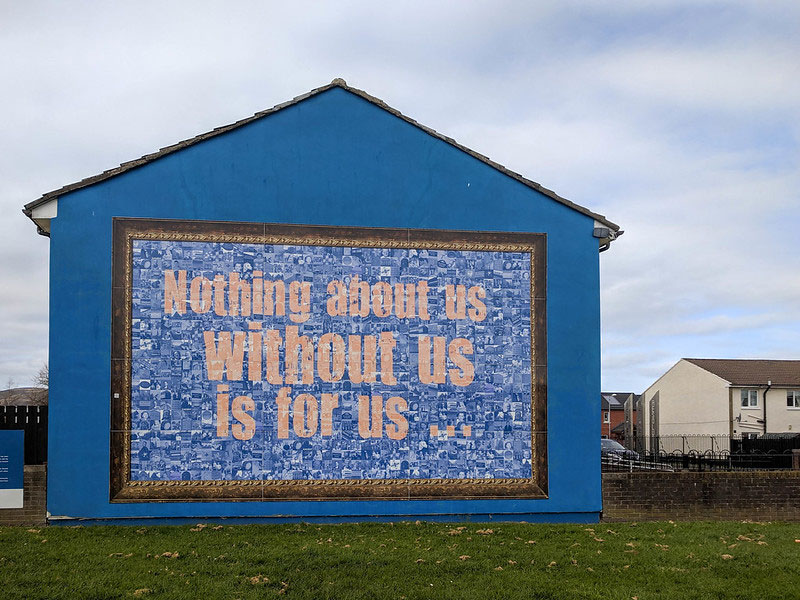Doctor Conflict is in and ready for any and all conundrums having to do with your work inside the nonprofit/philanthropic sector. Send your questions here!
Conflict is part and parcel of our work of course. The problems we address are often called “wicked problems” precisely because they have no set answers and people often disagree even about what the frame and source of the problem may be. This, then, entails conflict but then we are also in the midst of a time of great change societally.
So, yesterday, I was at the Annenberg Foundation, in Los Angeles, talking to a group of funders who meet quarterly as “Alchemy Gold.” We were talking about governance, and the new information environment, and the potentially profound shifts that are transforming governance without and within our organizations.
The group was examining how their expectations of and support for nonprofits might need to change in the face of the changes in L.A.’s corporate environment and, therefore, in who was available to do board service. My message was that the governance environment is changing with or without us—and that governance is more and more often being claimed by groups larger than the board, anyway, when and if the board makes decisions that do not align with what stakeholders believe are the mission, values set, and overall purpose of the organization.
This makes the role of the board different, and its makeup more important. It makes this a time to reinvent the board!
Sign up for our free newsletters
Subscribe to NPQ's newsletters to have our top stories delivered directly to your inbox.
By signing up, you agree to our privacy policy and terms of use, and to receive messages from NPQ and our partners.
In relation to this, I was advocating for a more dynamic use of committees in and around the organization—committees that engage friends of the organization (and even those you wish were friends) in decision making. Such committees will often be ad hoc and tasked with a specific objective. They can serve as a means of developing:
- The Intelligence of your organization
- A wider base of vested supporters
- A wider base of knowledgeable volunteers
- A deep pool from which you can pull board members who have already been vetted
It is, in fact (in my opinion) pretty silly not to do business this way—wasteful, even.
“But,” asked one participant, “what do organizations do when the executive becomes threatened by such activity?”
Here, Dr. Conflict takes this question on in a case that sounds all too familiar. . . .
Meanwhile, I want to thank everyone involved in yesterday’s session for such a lively and interesting conversation about a critical issue related to civil society.













